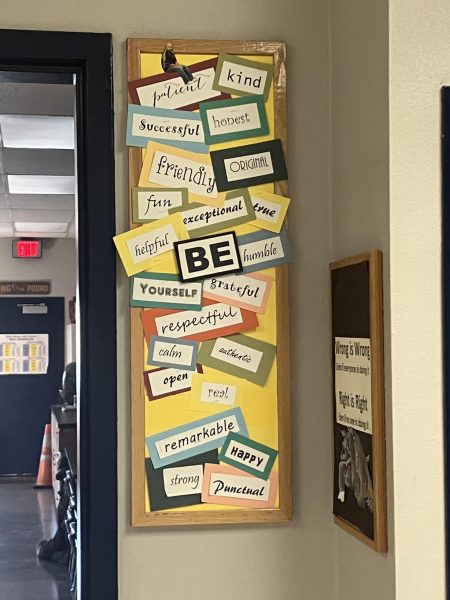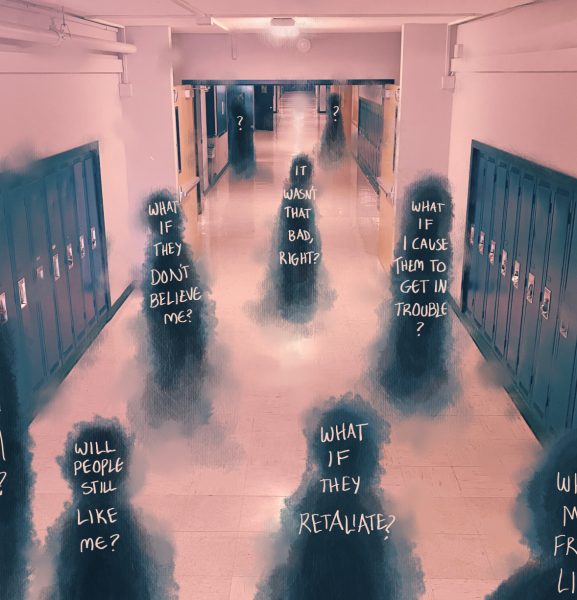Plastic Planet
How starting small can lead to big environmental impact
Global warming. Climate change, the environment, sustainability and eco-friendly. All buzzwords that have gradually been increasing in academic journals, news outlets, corporations, federal institutions, and the general public.
But should environmental health be anything worth stressing about? “Climate change doesn’t seem to be affecting me nor my personal life, so why should I care?” is a common argument some use, especially more conservatively leaning people, to deny the impact of climate change.
People have debates about all sorts of topics in order to see both sides of an argument. Yet, when it comes to something like the future of our planet, intense division shouldn’t be an option.
Unnecessary debate can give people a platform that would only use it to spread paranoia and misinformation. The failing condition of our planet has been talked about for decades with a multitude of warnings from environmental professionals whose work has repeatedly been disregarded.
The neglect towards the environment becomes apparent when corporations are allowed to mass produce their products for profit without boundaries and without considering how their actions hurt everyone and everything..
Science teacher Gareth Engler said, “we as taxpayers and world citizens are paying for [the damage caused by corporations] in terms of health, cleanups, and other costs.”
However, since the late 90’s, environmental education has steadily been on the rise. With higher rates of the population becoming aware of the effect they have on the environment.
A large number of people have integrated more eco-friendly habits into their daily routines. Subtle techniques like; turning the faucet off when brushing our teeth, turning the lights off when they’re not in the room, reusable water bottles and tupperware, as well as many other strategies. Yet we, as the general public, are still being pushed as the perpetrator who commits the majority of damage done to the environment.
“It’s difficult for the average person to take control of the climate crisis, especially, with no government to follow behind,” sophomore Kelsie Buck said. “You can’t really combat what the government’s doing”.
Despite this, the average person should not become dejected. Though sustainability is placed under the label of a trend at the moment; large brands, one of them being Nike, has launched a sub-brand, Nike Grind, that is dedicated to restoring or recycling worn Nike shoes and apparel into new products.
Sophomore Imari Miller said, “When people are [recycling and reusing], they can influence a lot more people…It’s beneficial. The public should advocate for the environment and include the government to help them get to the point [where they are working for the well-being of all, not just the economy.]”.
In all of the buzz around being sustainable and eco-friendly, the talk around environmentalism has become progressively more political. With people being pressured to take sides on whether or not they would consider themselves to be placed under the label of an “environmentalist.”
Something that some would consider a disdainful label. People forget that whatever harmful thing hits the environment will come to bite them back sooner or later. Engler said, “[Environmentalism is simply] caring for our home.”
In regards to that, Buck said, “I would say it’s really really not that hard to care for our surroundings… It’s really not that hard.”
Your donation will support the student journalists of West Albany High School. Your contribution will allow us to purchase equipment and cover our annual website hosting costs.
Avneet Dhaliwal has been on staff for more than a year and is now beginning her second as an Editor-in-Chief (EIC). Her area of specialization includes...








